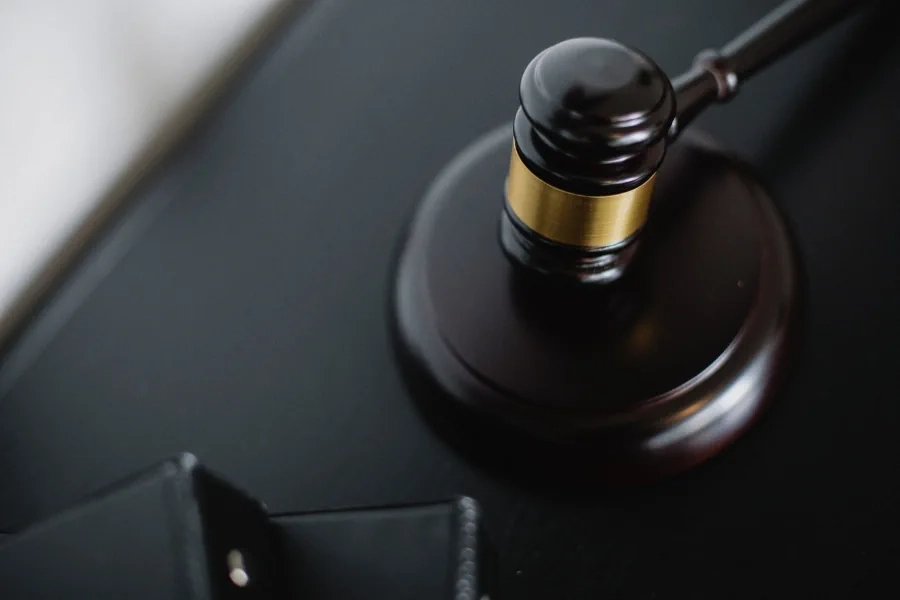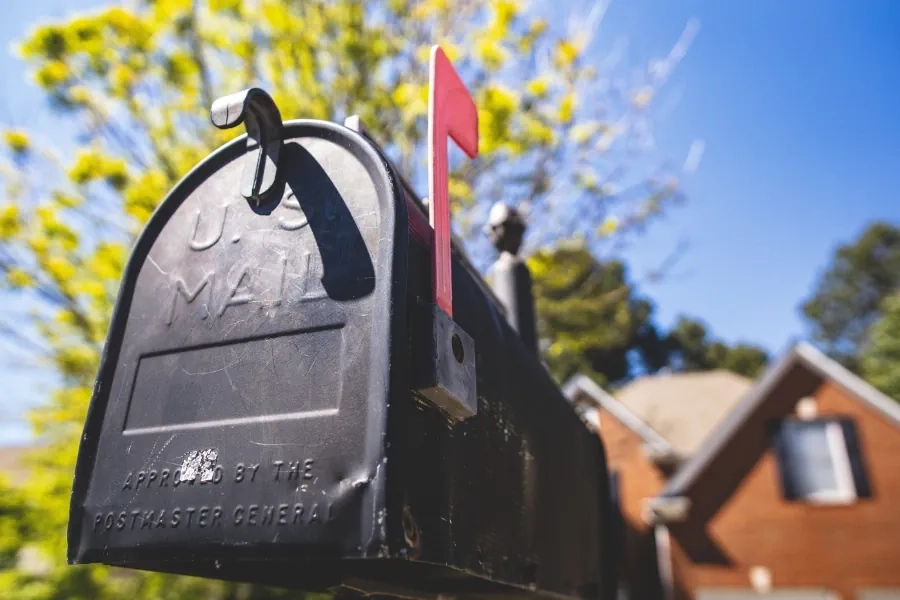What if a Credit Bureau Does Not Correct Credit Report Errors?
- Blog
- What if a Credit Bureau Does Not Correct Credit Report Errors?

Don’t Pay for Credit Mistakes. Take Action by Suing Credit Bureaus for Inaccurate and Harmful Errors in Credit Reports!
Consumer Attorneys discusses the process of disputing credit report inaccuracies and making credit bureaus pay for their mistakes. Learn about your rights as a consumer, the potential impacts of credit reporting errors on your financial standing, and how our lawyers can assist in fixing errors through legal action.
What if a Credit Bureau Does Not Correct Credit Report Errors?
The three largest and most utilized consumer reporting agencies in the US are often referred to as the credit bureaus (Experian, Equifax, and TransUnion). These credit bureaus sometimes make mistakes when reporting your credit information. Credit report errors can have a significant impact on your financial life. From lowering your chances to get loans to affecting your job opportunities, inaccuracies in credit reports can create a nightmare for consumers.
If you find credit report errors, you have a right to dispute them. If the credit bureaus refuse to correct credit report errors, you have a right to pursue legal action if the errors cause you harm. Continue reading to learn how consumer protection attorneys can help you dispute errors, sue a credit reporting agency if needed, and get you compensation.
Can you sue a credit bureau for inaccurate credit reporting?
Generally, yes, you can sue a credit bureau for inaccurate credit reporting. The Fair Credit Reporting Act (FCRA) allows consumers to challenge and dispute mistakes in their credit reports. You may then hold the credit bureaus accountable for any harm the credit reporting errors caused you as a consumer.
Can I Sue a Credit Bureau for Violating the FCRA?
Yes, you can sue a credit bureau for violating the FCRA, especially if they refuse to fix errors despite you following the requirements of the dispute process. The FCRA requires the credit bureaus to maintain accurate data and investigate any disputes consumers raise. If you were harmed as a result of credit bureaus violating the FCRA, you are likely entitled to compensation. Non-compliance with these obligations can lead to lawsuits against the credit bureau. Therefore, it is highly likely that you can sue a credit report company for any harm you have suffered as a result of false credit reporting.
Some consumers who find errors in their credit reports question if they should sue in small claims court. Small claims court is typically reserved for other types of smaller debts and is usually capped at a certain amount of money. So, if you want to sue under the Fair Credit Reporting Act for credit report damage and other harm you’ve faced, you may be entitled to more money than is allowed in small claims court. Therefore, it’s usually a good idea to seek help from an attorney before filing a lawsuit in order to maximize the outcome of your case.
Who Should I Contact if I Find Errors in My Credit Report?
When you find incorrect credit reporting in your credit report, you should take immediate action to correct the wrong information. Consider reaching out to:
- Consumer Attorneys. Contacting an attorney is critical no matter where you are in your dispute process. We suggest contacting an attorney sooner rather than later because experienced consumer lawyers can sue a credit bureau for putting false information on your credit report. An attorney can also dispute inaccurate credit reporting information by pointing out how credit bureaus are in violation of the Fair Credit Reporting Act.
- Credit Bureau. Prior to suing a credit bureau, you can contact them and request that all errors are removed. You’ll have to follow the proper procedures for disputing as outlined on their individual websites. If you choose to dispute with the credit bureaus, we recommend doing so via certified mail and not via their online dispute platforms in order to preserve your right to file a lawsuit. The credit bureaus have 30 days to respond to the dispute (with few exceptions).
- Local Police. If you suspect identity theft or fraud played a role in the errors then it is important to file a police report with your local police department so that it is documented. Documenting the illegal information can help you later in the investigation process. Ask for a copy of the police report for your records. You can provide this to an attorney later as part of the evidence in your case.
- FTC. If you suspect identity theft, after filing a police report, you should also report the errors to the Federal Trade Commission (FTC), which is responsible for consumer protection laws.
- Consumer Financial Protection Bureau (CFPB). File a complaint with the CFPB, a federal body that monitors and supervises financial institutions and helps enforce consumer protection laws like the FCRA.
How Can an Attorney Help?
Consumer Attorneys will assist you throughout the dispute process and help you get compensation from the credit bureaus for falsely reporting on credit reports. Before receiving compensation there are several things that must take place that an attorney will help you with. Here's how an attorney can assist you:
- Legal Experience. Experienced lawyers well-versed in the FCRA can evaluate your case and determine the best strategy according to the facts and law.
- Correspondence. An attorney can draft and submit legal paperwork to the credit bureau, creditors, and the court on your behalf.
- Litigation Representation. Consumer Attorneys will represent you in court against the credit bureaus. Skilled attorneys will file a complaint alleging FCRA violations and seeking compensation for any losses you’ve incurred.
- Negotiation. Negotiating a settlement is one key way of finding resolution for these types of cases. This means you and the credit bureaus come to an agreement on an amount of money instead of having to litigate in court. An attorney is a skilled negotiator who knows the law and also what a fair settlement is according to the harm you’ve experienced. They will work with you and negotiate with the credit bureaus for a fair settlement.
- Monitoring and Compliance. Disputing a credit reporting error is only the beginning of the credit dispute process. You’ll need to submit the appropriate paperwork to all parties involved, file complaints against the bureaus if needed, and continue to monitor the case if it goes to court. Each court has its own rules and timelines for submitting paperwork. It is critical to adhere to the timelines and to stay within compliance according to the law. Attorneys will help you continue to monitor your case in adherence to the FCRA and court rules.
Reach out to attorneys for credit disputes for guidance and legal assistance. Our team of consumer attorneys experienced in handling credit disputes is here to guide you through credit report challenges. Whether you need help ensuring that the information in your credit report is accurate or you require legal representation in a dispute with a credit bureau, we can devise a legal strategy specifically customized to what you need. You can contact us anytime for a confidential case evaluation.
Frequently Asked Questions

Daniel Cohen is the Founder of Consumer Attorneys. Daniel manages the firm’s branding, marketing, client intake and business development efforts. Since 2017, he is a member of the National Association of Consumer Advocates and the National Consumer Law Center. Mr. Cohen is a nationally-recognized practitioner of consumer protection law. He has a wealth of proven legal experience in the US in: collective claims, representing visually impaired people who believe their rights under the Americans with Disabilities Act have been violated in both the physical and digital environments, corporate governance and dispute resolution. Read more
Related Articles










